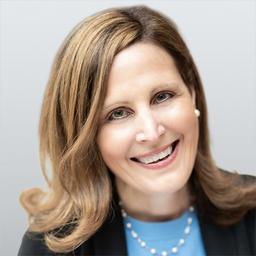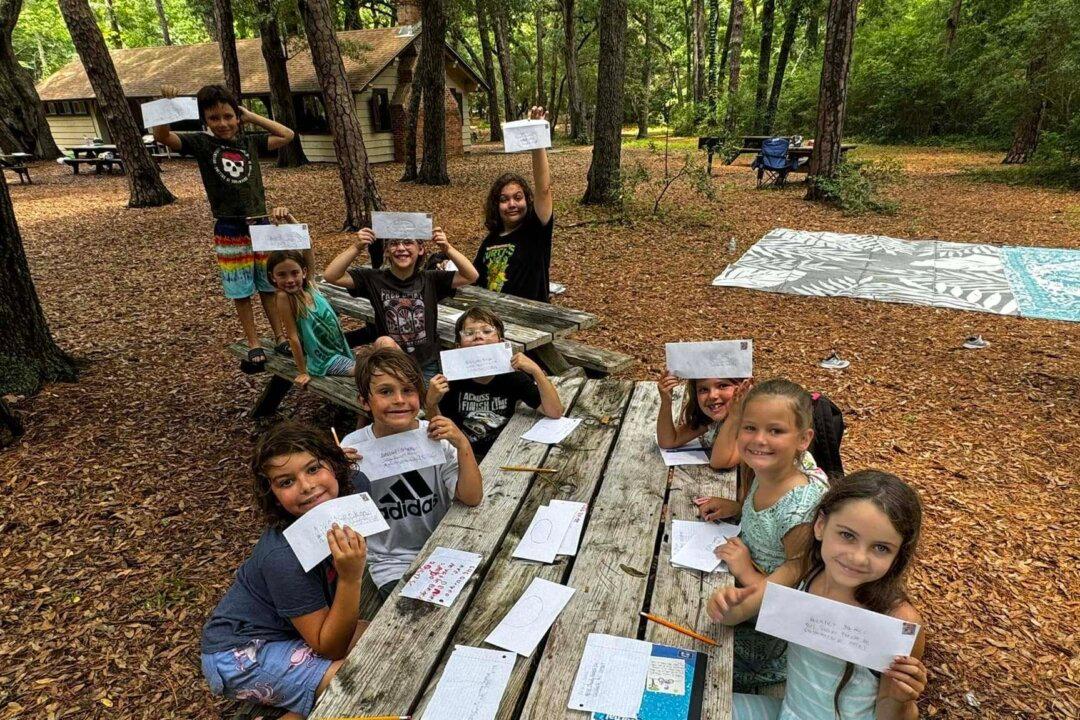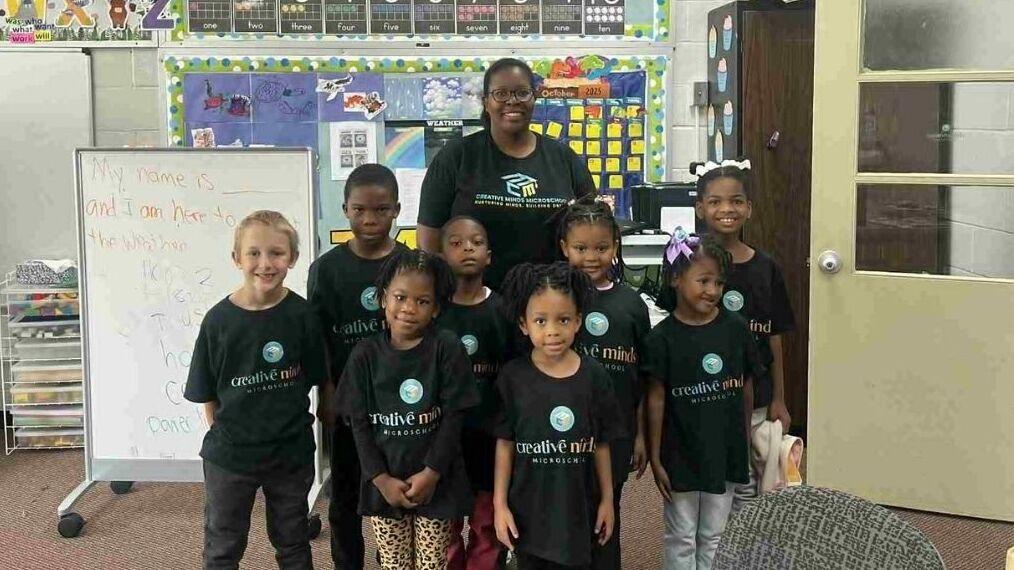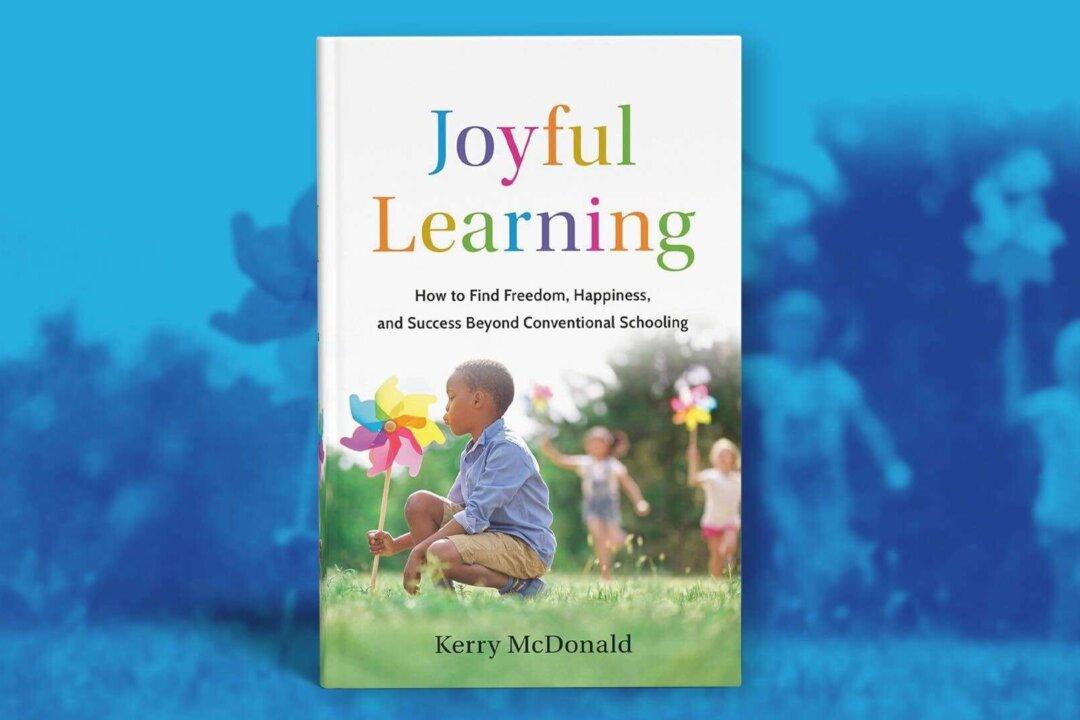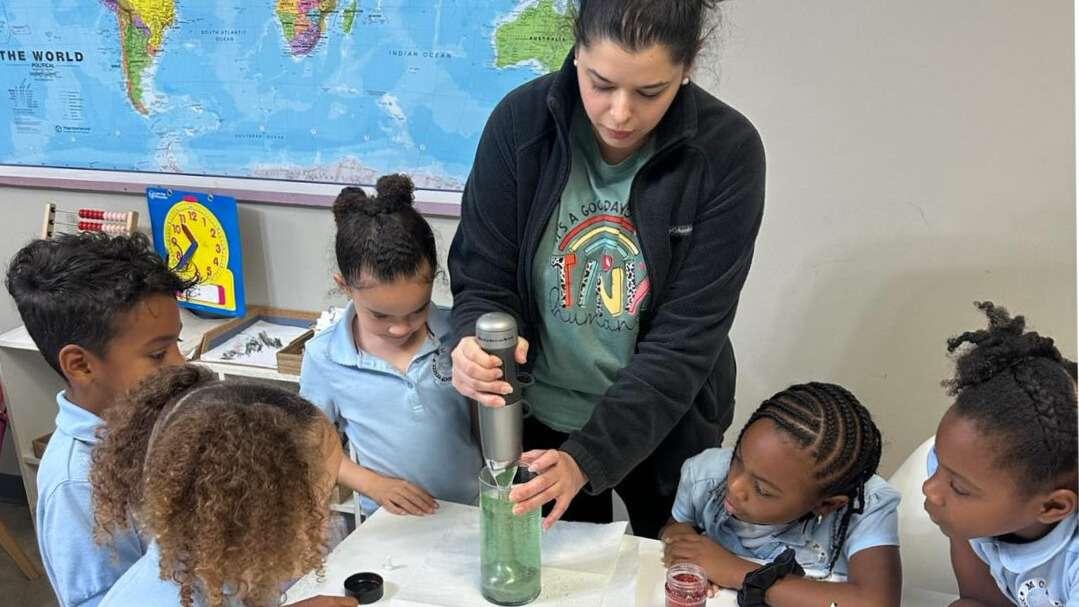It’s a great time to be an education entrepreneur! Parents are eager for access to diverse education options. They continue to explore alternatives to district schools, including homeschooling, microschooling, virtual schools, learning pods, low-cost private schools, and charter schools.
The Wall Street Journal reported recently that public schools lost more than a million students during the pandemic, and many aren’t returning to a conventional classroom. Instead of competing with K-12 schooling alternatives and moving toward smaller, more personalized learning experiences for students, district schools are responding to declining enrollments by consolidating schools into much larger ones—a trend that’s likely to prompt more parents to seek other learning options.


